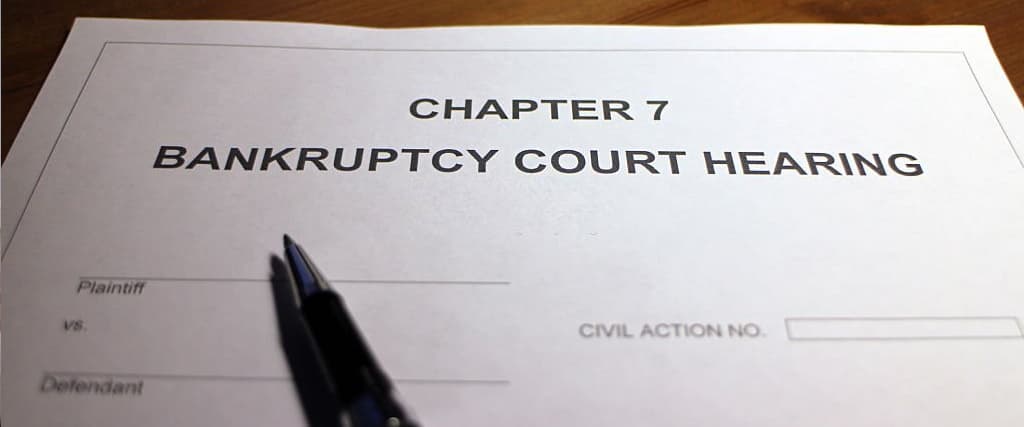Liquidation is the most common type of bankruptcy. The Chapter 7 bankruptcy involves selling the debtor’s assets to pay off creditors. The Chapter 7 bankruptcy discharges the remaining debts, meaning the debtor is no longer legally obligated to pay them.
- Who can file for Chapter 7 bankruptcy?
Individuals and businesses can file for Chapter 7 bankruptcy. However, there are certain eligibility requirements that the debtor must meet. For example, individuals must have a regular income and be unable to pay their debts as they become due. Businesses must be unable to continue operating as a going concern.
- What happens in a Chapter 7 bankruptcy?
Once a debtor files for Chapter 7 bankruptcy, the court appoints a trustee to oversee the case. The trustee is responsible for liquidating the debtor’s assets and distributing the proceeds to the creditors. The debtor is also required to provide a list of their assets and debts to the court.
- What assets are exempt from liquidation in a Chapter 7 bankruptcy?
Certain assets are exempt from liquidation in a Chapter 7 bankruptcy. These assets typically include personal property that is necessary for the debtor’s basic living expenses, such as a home, car, and clothing.





